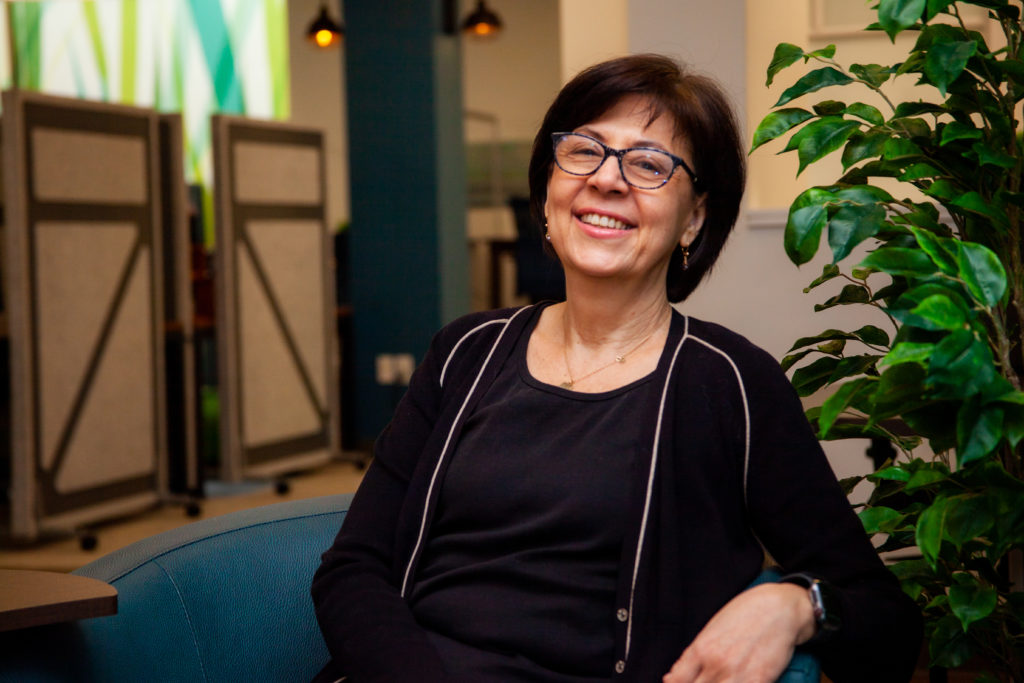It’s a new year again! And time to take a look at the words that were honored with the Word of the Year (WOTY) title for 2021.
Before we go into the WOTYs, let’s take a quick look at the folks who pick the winners. There are three sources I use for researching these words:
- Oxford University Press publishes a variety of titles, including the venerated OED (Oxford English Dictionary), which is accepted by many as the definitive and most comprehensive repository of the history of the English language.
- Merriam Webster is the oldest publisher of dictionaries in the United States, started by the famed Noah Webster in 1806. Today they actually sell more books than Oxford thanks to a killer brand and a variety of editions offering something for everyone.
- The Random House Dictionary has been around since the 1940s, albeit under several different names. It still holds a respected place on the reference shelf and has the third-millennium distinction of being the primary source of the data published online at dictionary.com.
So what do these authorities have to say about 2021? First, let’s take a quick glance back at 2020. Despite COVID-19 being named for the year it was discovered (2019), most of us will always remember 2020 as the Year of the Pandemic because that’s when it hit us like a ton of bricks and changed a lot of things, maybe forever. In fact, its impact was so overwhelming that the lexicographers couldn’t even agree on a single WOTY for 2020, and instead published long discourses on the slew of words that the pandemic spawned and/or thrust into relentless use. (You can read my 2020 WOTY blog here.)
I am sorry to report that for 2021, Oxford and Merriam-Webster are still focused on pandemic words, choosing “vax” and “vaccine” respectively, although in fairness, the frequency of common usage is one of the criteria for selection, and it’s hard to argue with the astounding volume of the use of these words in the past year.
But I for one am ready for some non-pandemic words to get some attention. So I am going to focus on the Random House/dictionary.com choice. It’s a somewhat funny, obscure word with which I was not familiar but have quickly come to embrace. The word is: allyship.
Here is the dictionary.com definition:
Allyship
Noun
the status or role of a person who advocates and actively works for the inclusion of a marginalized or politicized group in all areas of society, not as a member of that group but in solidarity with its struggle and point of view and under its leadership
the relationship or status of persons, groups, or nations associating and cooperating with one another for a common cause or purpose
Dictionary.com goes further to explain allyship as “an abstract noun naming an increasingly salient and relevant concept today, combining the noun ally, a person who advocates for or supports a marginalized or politicized group but is not a member of the group, and the suffix –ship, denoting status or condition.”
Dictionary.com cites increasing usage of the word in the contexts of DEI (Diversity, Equity & Inclusion) dialoging across a wide array of groups to whom large numbers of non-members are lending support and solidarity.
The implication is that many people not only perceive but are incensed by, and becoming vocal about, injustices perpetrated against their fellow citizens on the basis of race, gender, sexual identity and economic status, even when those injustices do not extend to themselves. The term has also been applied to support shown to health care workers, teachers and even grocery store employees as the pandemic has spawned a deep national appreciation for these service providers.
Examples of allyship include non-black individuals showing up at BLM rallies, men standing in solidarity with MeToo victims, people cheering for health care workers as they walk down the street, and, in 2021, an unprecedented number of major organizations actively taking steps toward addressing issues affecting marginalized groups.
Allyship is demonstrative of the famed Martin Luther King statement that no one is free until we are all free. The key to allyship is that we can support, appreciate and speak up for anyone being treated unfairly, even when there is no direct benefit to us. The benefit is to humanity. Wow.
So I say hats off to dictionary.com for recognizing this trend and creating greater awareness of a positive and uplifting movement, sorely needed as we continue to swim through the troubling third millennium.
Where will you demonstrate allyship this year? Share your thoughts with us by emailing info@capespace.com. Together we can make a brighter 2022 for all of us. Happy new year my friends!

